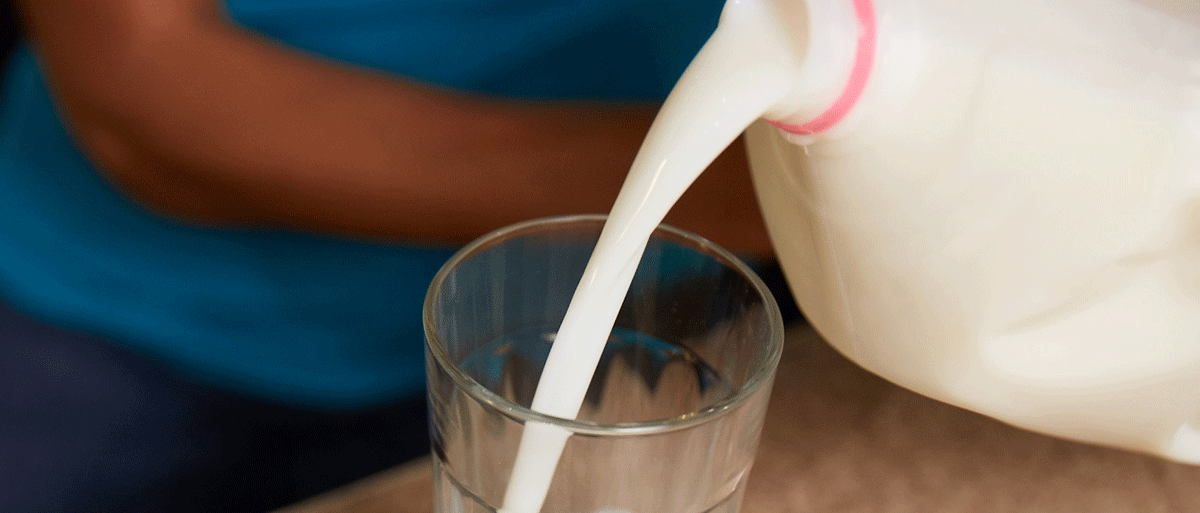When you walk into the grocery store, what type of milk do you reach for? Is it whole milk? Skim? 2%? If you haven’t chosen whole milk in the past, you might want to consider it the next time you’re reaching into the dairy case.
Many of us tend to have a negative view of whole milk. When we think of it, we might imagine rivers of cream or globs of fat. Those of us who try to stay away from fats in our diet may automatically reach for the lower fat milk options, but what if whole milk can help you stay healthy and lean? There is new and interesting research available that suggests drinking whole milk may help you keep those pesky pounds off.
You may question how a product with more fat in it can help you stay healthy. For years, we have been told that we should stay away from whole milk because of the additional fat and calories. However, whole milk doesn’t contain as much fat as you may think – in fact, it contains only about 3.5% fat. The reason for the “whole milk” label is because the fat content in whole milk is similar to the fat found in raw milk. The fat in whole milk just has not been reduced like in 2%, 1% or skim milk.
According to numerous studies published in the British Medical Journal, it is believed that the fat in milk may actually boost your metabolism, helping your body use fat more efficiently so that less is stored. The higher level of fat may also help you to feel fuller, or more satisfied, reducing the urge to indulge in an unhealthy snack later.
Another study published in the Archives of Disease in Childhood, reported that children who drink higher fat milk could have a slightly lower BMI (Body Mass Index). This trend was found across all ethnic and socioeconomic groups.
This is great news for those who enjoy the creamy taste of whole milk. But regardless of whether it’s whole, 2%, 1% or skim, remember milk is still a great way to fuel up with essential nutrients and keep your body healthy.




